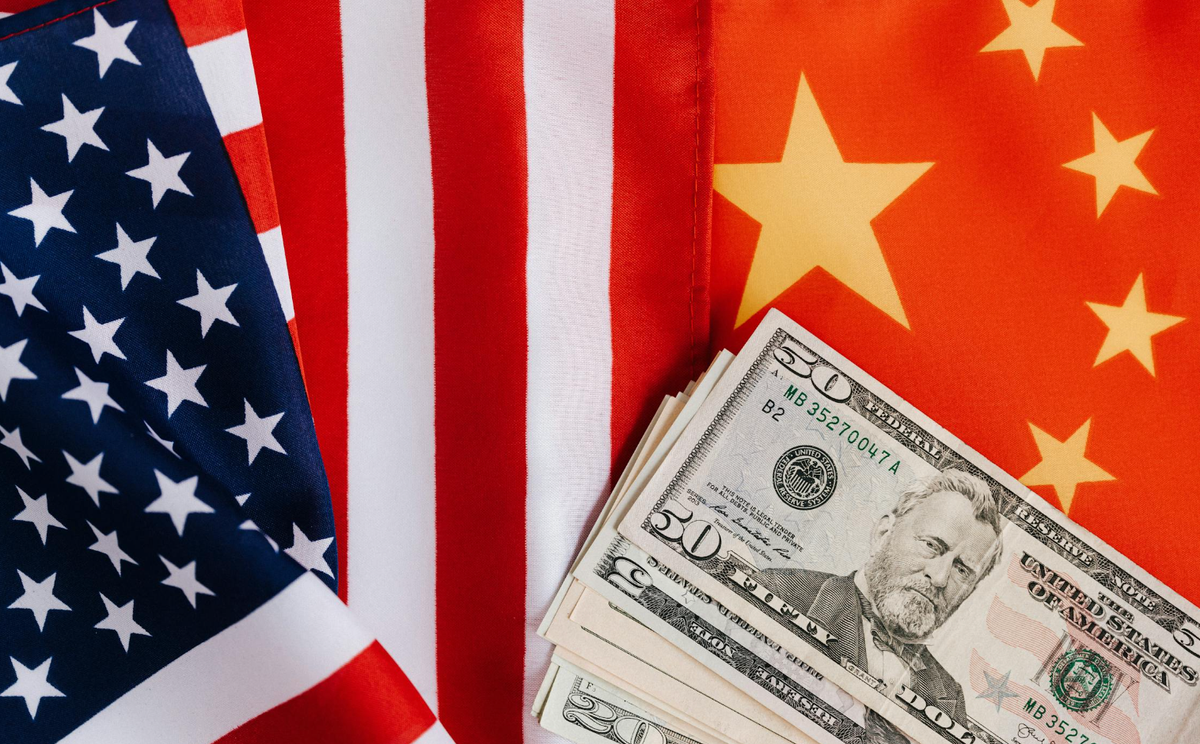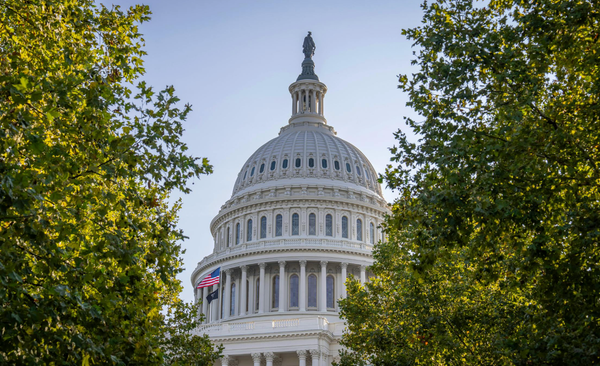A Hater's Guide to China and Trade Wars

By the time this blog post is done and published (April 30th or May 1st, 2025), the United States will likely have started feeling the pinch of up to 145 % tariffs on Chinese imports, depending on volume and type of goods. Some people jokingly refer to this as punishment for people that want cheap little treats off Temu, but unfortunately for them, we also manufacture most of our KN95/N95 masks, many types of hospital equipment, eyeglasses, clothing and appliances. The list goes on, and many newspapers are covering what you're going to not be able to afford as soon as the shipping slows down and retailers stop stocking or jack up prices on stuff.
What is Xi Jinping thinking during all of this? Surprisingly, he's probably staying put on whatever previous policy plan was in play on the United States. He knows Trump is prone to cave when pressured, and he knows that Elon is a malleable, highly corruption-prone asset. From a strategic standpoint, there is no incentive for him to give either of these people an easy win. The latest statements from Xi's ambassador Xie Feng is a signal not only to the United States, but also a way to characterize China's current position relative to trade disputes in history.
“You can’t just treat a headache by just focusing on the head or foot pain by only targeting the feet,” Xie said. “And you certainly shouldn’t prescribe medicine to others when you’re the one who’s sick.”
For context, this was at a Chinese medicine exhibition.
China's trade aims internationally have been, in an extremely generalized and shortened list:
- We can manufacture a lot of things, and that's not changing anytime soon
- We will ignore your human rights violations if you do the same for us
- We know your multinational corporations don't actually give a shit about human rights, so make some money anyway
For those reasons, you are likely going to see different places ranging from democracies to autocracies willing to play with China as the trade war goes on. This is true for several reasons:
- Politicians do not want their own constituents to get mad at them or lose stability
- China already has increased leverage from being seen as more reliable and consistent on trade
- There is no timetable for when or if the United States goes back to being a reliable trade partner facilitating what they're used to in the economy
Under these operating conditions, China's consistent support of global capitalism to fund its own economy (and secure its domestic political authoritarian aims) is going to be the benchmark for its political goals for at least the next half year or so. As Trump decides to, weirdly enough, take pages out of China's playbook on Taiwan to flirt with annexing Canada as a state, you have other countries moving on and cutting deals that isolate, contain or otherwise sidestep the United States. That's an opportunity for Xi, and ironically one that comes across his table during an economic crunch for Chinese productivity and consumption.
It's not lost on me in all of this that the people that will be footing a lot of the bill from China are ignored: Chinese laborers. Americans don't usually give a shit about these people; particularly heinous are the ones that talked big about human rights until Trump started violating similar ones domestically and set up offshore prisons in El Salvador.
What happens to Chinese labors now is most likely:
- Wage garnishes and delays for manufacturing workers, because the government does not usually bail out those sectors when their business flags
- Worse negotiating leverage for workers in manufacturing since these sectors are in a pinch
- Pressure to suck it up in regards to aforementioned problems and put up with manager abuse for the sake of patriotism
May Day for most countries is international worker's day and labor day, with the United States being an exception to that. However, this year, there's going to be very little to celebrate on either side of the ocean. To borrow from Mandarin, all we have to look forward to is a feast of bitterness. Let's 吃苦, friends and acquaintances.



